QuestionI have 4 male guppies and 4 females. One of the males which isn't as fancy as the others (it is just orange with a smallish tail) does not seem to be eating hardly at all or growing. It has recently developed a slight wobble but I can't see any other symptoms on him and he is not bloated. A female I had has just died from (I assume) tail rot as she stopped eating and her tail just disappeared, I started medication but was too late. The rest of the fish are fine. I do a part water change twice a week as they are in a 37litre tank, so the water is kept in good condition. Could he be starting with tail rot although there doesn't seem to be any problems with fins or tail, or do you have any other ideas?
AnswerHi Amanda,
This could possibly be the onset of Hexamita. However, without actually examining the fish I'm reluctant to give a solid diagnosis it may be worth taking them to your local fish store. Rather than give you flimsy answer I'll take you through Hexamita and what it does.
I must say that my diagnosis is based upon loss of appetite and unbalanced swimming. The loss of fins is a hard call, but could possibly be the fish succumbing to secondary infection.
Affected fish first lose their appetite, their colour becomes more intense and they begin to swim unevenly. The disease is most feared in Discus, however it does occur in other fish particularly Angelfish, Gouramis and Goldfish. The parasite can cause small holes to appear in the head, although fish have died with no external marks.
Hexamita sp. and Spironucleus sp are microscopic single celled parasites with eight flagellae. Both parasites are take hold of a fish in a similar fashion, but Spironucleus is generally less debilitating.
Very little is known about how these parasites infect the fish although the general consensus is they enter through food. They multiply in the intestine and spread via blood infecting major organs along the way. An affected fish may become emaciated and die without showing surface damage. Particularly Goldfish and Gouramis.
A treatment is available specifically for Hexamita. There are anti-parasite treatments available off the shelf which can be effective in tackling the disease. The disease responds to metronidazole and dimetridazole (these may need to be prescribed by a vet) administered via food and water.
This is only my thoughts without seeing the fish so obtain a second opinion before carrying out any treatment!
Good Luck
Sorry it took me a few days to get back to you
Tom

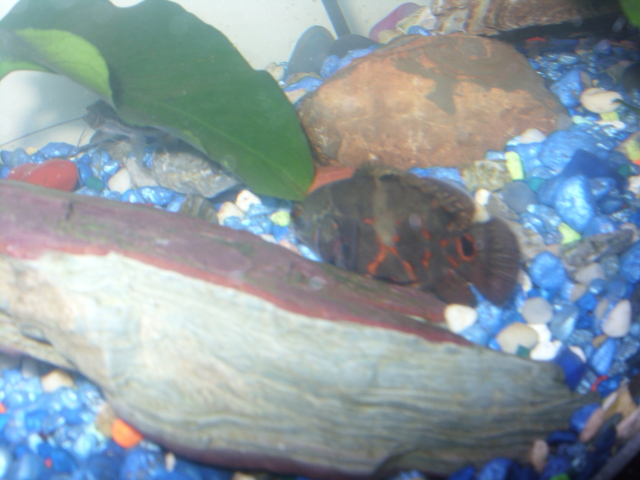 My sick oscar fish
Question
Sick Oscar
I recently purchased an oscar whic
My sick oscar fish
Question
Sick Oscar
I recently purchased an oscar whic
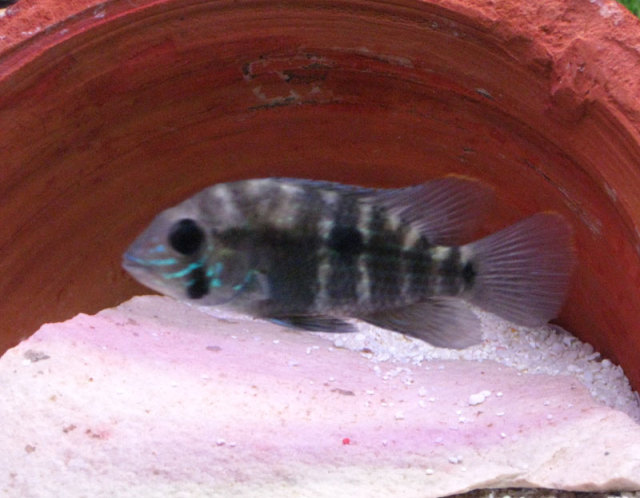 identifying my fish
Question
1
Hello, I would like to know if this fish is
identifying my fish
Question
1
Hello, I would like to know if this fish is
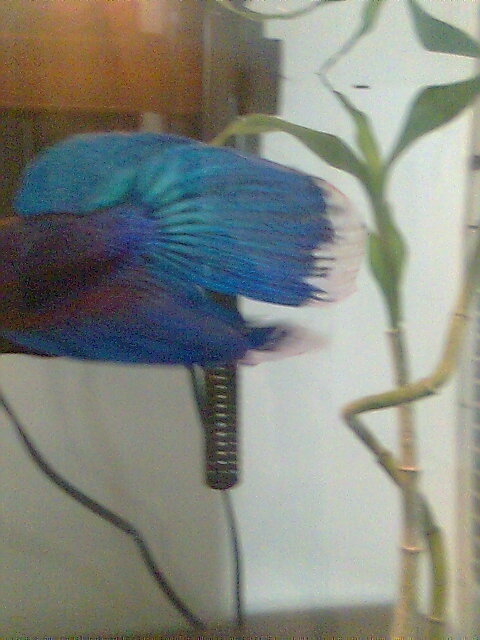 Finrot
QuestionQUESTION: Hi. I was wondering our Bettas fin is
Finrot
QuestionQUESTION: Hi. I was wondering our Bettas fin is
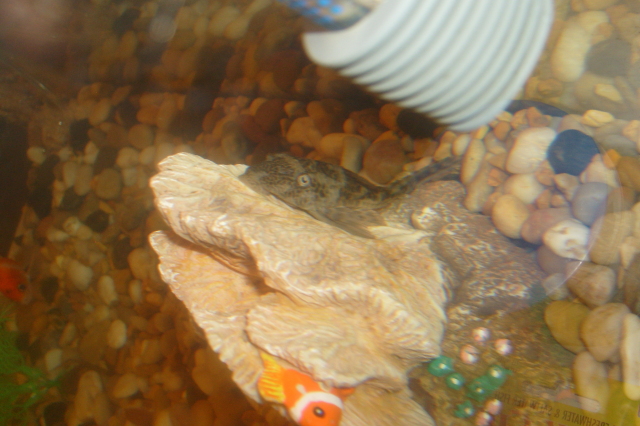 My Common Pleco
Question
Pleco
I am a beginner who has made a HU
My Common Pleco
Question
Pleco
I am a beginner who has made a HU
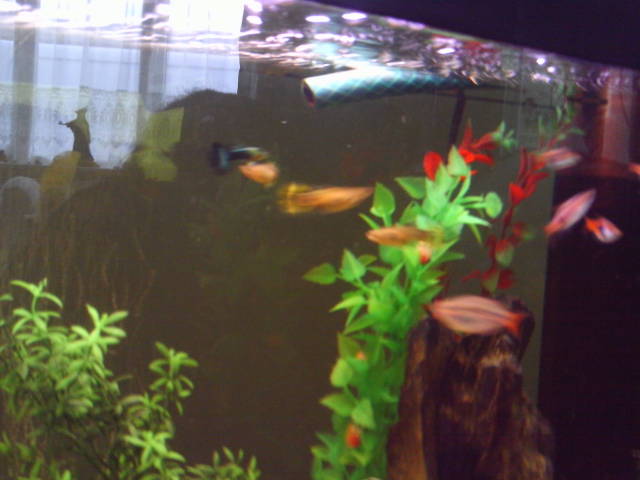 Guppies and Baby Mollies
Question
My Guppy
Hi,
I have a 3 ft by 1 ft ta
Guppies and Baby Mollies
Question
My Guppy
Hi,
I have a 3 ft by 1 ft ta